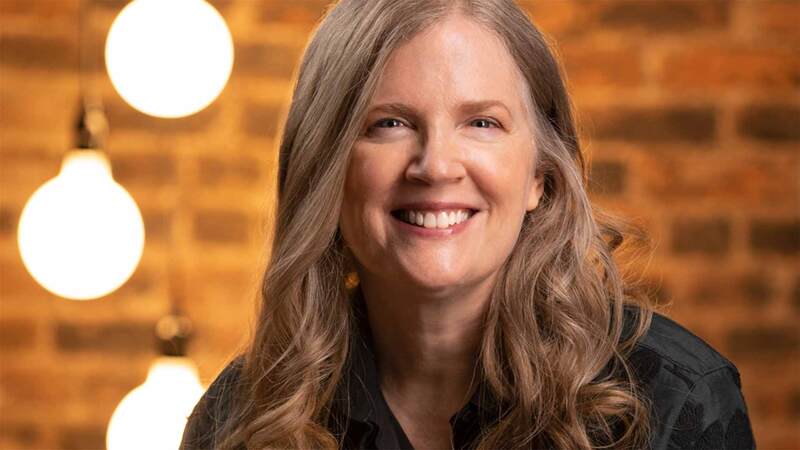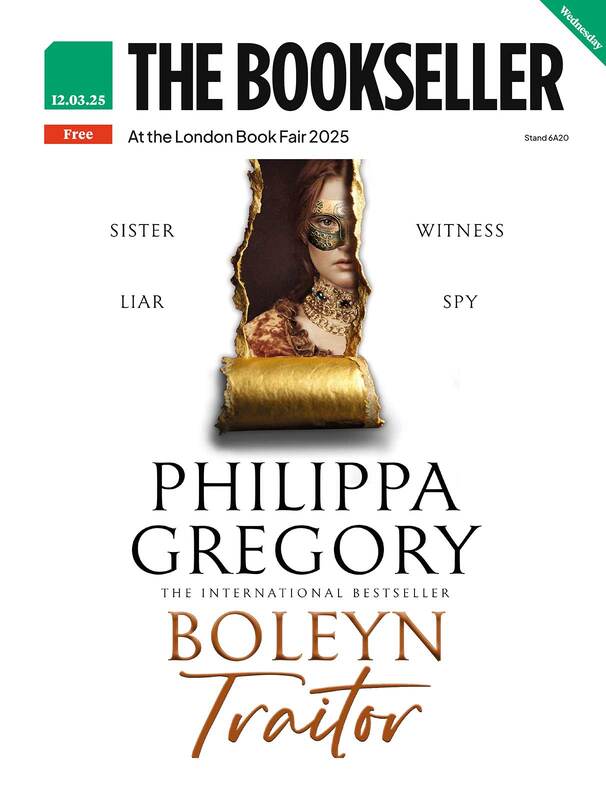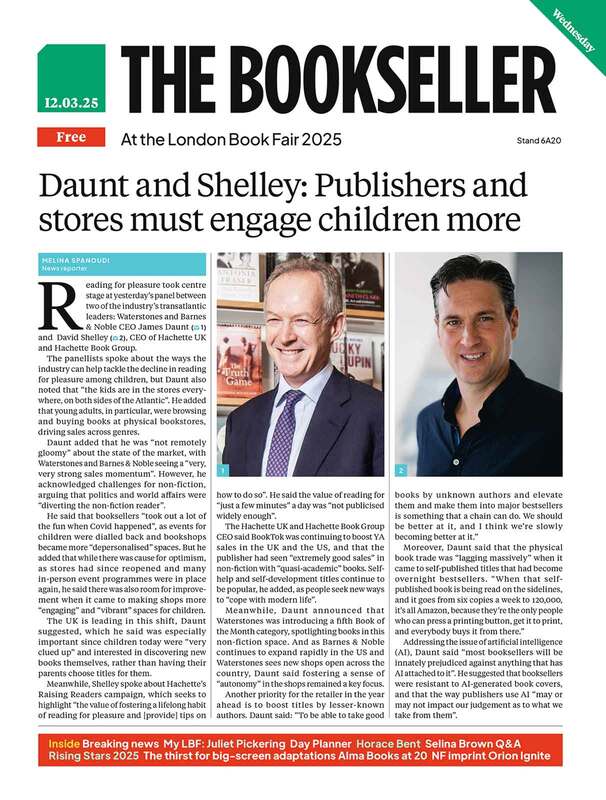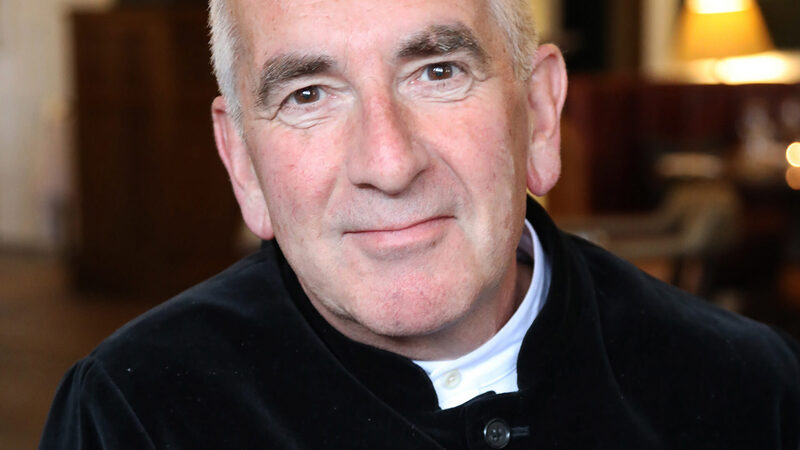You are viewing your 1 free article this month. Login to read more articles.
Authors question the novel's future in face of declining attention spans
Authors have asked whether the novel will continue to exist in the future when competing against new entertainment trends such as online streaming and television box sets.
Robert Harris argued that novels have “moved away from the central position in our culture” while Claire Messud has suggested that “maybe in 50 years there won’t be novels” due to perceived declining attention spans in readers.
Harris talked about how books had been displaced by the popularity of box sets which are “in many ways, our modern novel” on BBC Radio 4’s "Today" programme on Monday (4th September).
Presenter John Humphrys quizzed him on whether the novel could compete with other mediums. He said “You’re slightly anxious – is that the right word - for the future of the novel set against opposing attractions?
The Pompeii author refuted this but argued that novels no longer enjoyed a “central position in the culture”. He said: “I’m not anxious about it. I think people will always enjoy the immersive experience of reading and of getting inside the heads of characters, that’s something no other medium can do. So there’ll always be novels.
“One of the things that’s certainly happened over my lifetime I think is that the novel has moved away from a central position in the culture and really a lot of this is to do with the fact that visual media – I mean in the 70s a movie came out in the local cinema, you had one opportunity to see it, then you had to wait until it came on television years later.”
Harris argued that the box set now offers a “pretty sophisticated” alternative to books compared to 40 years ago. He said: “There were no videos, there was no way of accessing this culture…now we’ve got the box set and the box set which takes 10 or 12 hours to view a series. It is in a way, that’s the same length of time it takes to read a novel and my impression and certainly my own habit is that these series are pretty sophisticated, a lot of them, and they are, it seems to me, in many ways, our modern novel and they’re more central in our culture – you hear more people talking about "Breaking Bad" or whatever it might be, "The Americans", than you do about a novel.”
Messud went one step further and questioned whether novels would exist in 50 years’ time. The Harvard writing tutor told the Guardian today (4th September): “I would say there are fewer people who want to read seriously now, and more people who want to write. But if you can use writing to get people reading, that is exciting.
“In the last few years I have come to feel that maybe in 50 years there won’t be novels, that people won’t have the attention for it.”
Last month, fellow writer Howard Jacobson suggested children could become illiterate in 20 years' time, thanks to the rise of smartphones and Twitter.
The journalist and 2010 Man Booker prize-winner told the Times that children’s capacity to concentrate on books was being adversely affected by social media and smartphones, conceding even his own concentration span had been "shot by this bloody screen".
As a result, in the space of 20 years he predicted "we will have children who can’t read, who don’t want to read".
"I can’t read any more as much as I used to. My concentration has been shot by this bloody screen. I can’t do it now — I want space, I want white pages, light behind the page," he said.
However, other writers have suggested that the internet offers opportunities for writers. Novelist Andrew O’Hagan wrote in the Guardian in June about a “new funfair of existential provocations” through the burgeoning online world.
He wrote: “Maybe the abolition of privacy will kill the novel. But more likely, as with the invention of trains or rockets or sex, it will make it new. One of a writer’s rewards is to find himself alive in the detail of his stories, and the age of the internet provides a whole new funfair of existential provocations.”
The National Literacy Trust (NLT) has argued that new technologies can play "a hugely important role" in boosting children's literacy.
Its research showed e-books positively impact teenage boys’ reading motivation and skills, when a 2015 project saw the percentage of boys who felt reading was "difficult" cut in half from 28% to 15%, suggesting confidence in their own reading ability also increased as a result of using technology. Another 2016 research project saw six in 10 (597%) early years practitioners say they would like to increase the use of touch screens.
The charity has urged for intervention into England’s “literacy crisis” following analysis it carried out with credit referencing agency Experian in February. It found 86% of constituencies (a total of 458 out of 533) have at least one ward with literacy issues, with a correlation between social factors, such as low income, and low level literacy.
Research released by the NLT in June revealed that children who are less interested in writing are more engaged in writing in technology formats such as text messages (75% compared to 68% of those keen on writing) however the data showed that technology is a popular format for all children.
A much-cited report from 2015 suggested that the average attention span had reduced from 12 seconds to eight, but this has since been questioned, with the BBC claiming in March that the sources for the research were “infuriatingly vague” and that there was no available data that to support the statistics.
Dr Gemma Briggs, a psychology lecturer at the Open University, told the BBC that the concept of an “average attention span” which increases or decreases is misguided.
She said: "It's very much task-dependent. How much attention we apply to a task will vary depending on what the task demand is."
BookTrust’s newly unveiled writer in residence, Taran Matharu, on Monday (4th September) called for publishers to engage more widely with video games and emerging technologies such as video platforms including Twitch, to boost the appeal of reading to youngsters.
The Reading Agency's c.e.o Sue Wilkinson said: "While many of us do indeed struggle to keep away from our smartphones, the claim that 'within a generation we will have children who can’t read, who don’t want to read' relies on a false distinction between the real, the digital and the imagination which children today, who are growing up using digital technologies, would certainly not recognise."
Wilkinson said the charity's Summer Reading Challenge attracts three quarters of a million of "digital natives" each year.
She said: "[Children aged from four to 11] read six books... [and] use an online Book Sorter to review what they’re reading, find recommendations from others and chat about their favourite books. Children have already reviewed more than 154,000 books this summer. This corroborates the NLT's research from 2016, which showed that digital technology can actually have a positive impact on early literacy outcomes and be an important route into reading for certain groups of children."
Wilkinson added: "Separating the real and the digital and seeing digital as the bogeyman which threatens our ability to enjoy a good book vastly underestimates its power to inform, inspire, excite and encourage us. It risks alienating people who might, having read something short and interesting on social media, be inspired to pick up a book, magazine or newspaper to find out more."





















